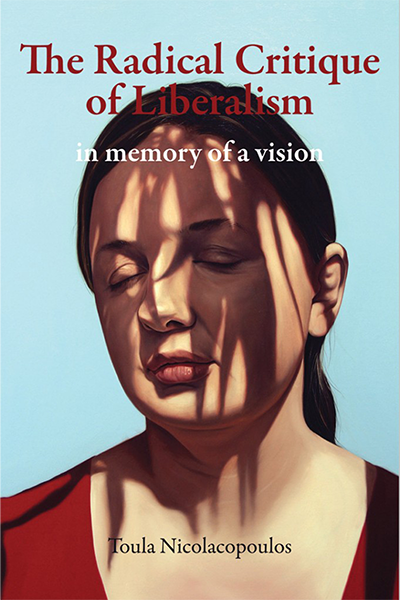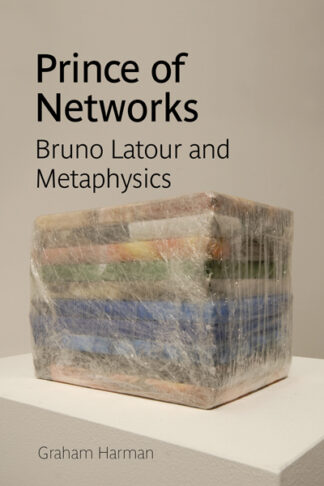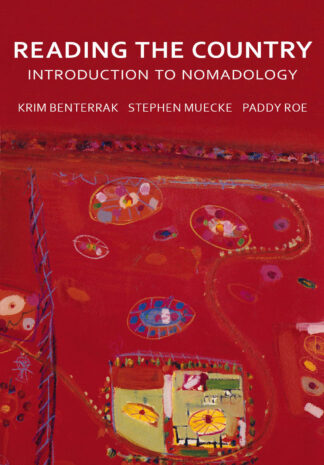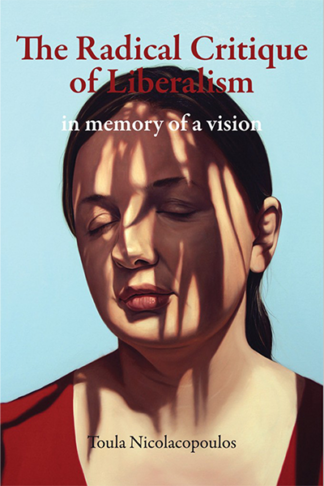The Radical Critique of Liberalism: In Memory of a Vision
$35.00
Toula Nicolacopoulos
Despite political theorists’ repeated attempts to demonstrate their incoherence liberal values appear to have withstood the test of time. Indeed, engagement with them has become the meeting point of the different political philosophical traditions. But should radical critique justifiably become a thing of the past? Should political philosophy now be conducted in the light of the triumph of liberalism? These are the wider questions that the book takes up in an attempt to demonstrate the intellectual power of systemic critique in the tradition of Hegel. The author argues that the most ambitious of the communitarian critiques of liberal thought failed due to a fundamental weakness of their philosophical methodology. Moreover, the re-workings of these critiques by feminists, discourse ethicists, postmodern and postcolonial theorists have been equally unsuccessful because they have not traced the individualist commitment of liberal theory back to its source in liberal inquiring practices. Working through the theories of prominent liberal theorists, including John Rawls, Jeremy Waldron, Charles Larmore and Will Kymlicka, the book demonstrates that an adequate appreciation of the deep structural flaws of liberal theory presupposes the application of a critical philosophical methodology that has the power to reveal the systemic interconnections within and between the varieties of liberal inquiring practices.




